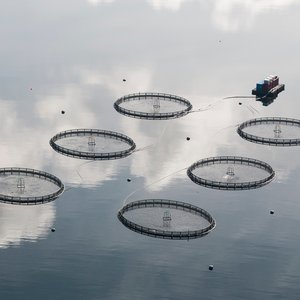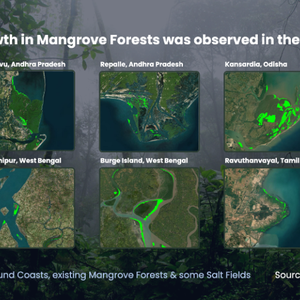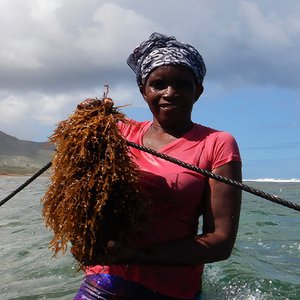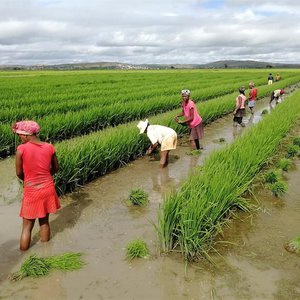Genome Canada is pouring $17.5 million over three years into two cutting edge projects involving Simon Fraser University scientists. Other investors, including Genome BC, will match the funding, bringing the collective value of these projects-the Consortium for Genomics Research on All Salmonids Project (cGRASP) and The Pathogenomics of Innate Immunity (PI2)-to $32.3 million.
The projects are among 33 recently funded by Genome Canada, a federally supported agency that invests in genomics and proteomics research nationally.
SFU professor of molecular biology and biochemistry Willie Davidson is one of three project leaders on cGRASP. The $15.3 million project will greatly advance scientific understanding of the evolution of all salmonid fish species and the role of genomic duplication in their evolution. The research will benefit salmon conservationists, aquaculture farmers and fish communities. Ultimately, cGRASP researchers hope their work will improve scientific understanding of how human diseases stemming from genomic rather than genetic defects occur and can be treated.
The $17 million PI2 project will identify new immune-boosting approaches that enhance the ability of both humans and animals to defend themselves against infectious diseases. As the project's director of bioinformatics, SFU assistant professor of molecular biology and biochemistry Fiona Brinkman will oversee the creation of a large database of genome-wide information about the innate immune system.
SFU professor Willie Davidson, along with project co-leaders at the University of Victoria and the Norwegian University of Life Sciences, and Scottish and American researchers, are characterizing the genomes of several salmonid species, wild and farmed. They are investigating what genes are turned on and off in response to pathogens and how salmonids handle genome duplication.
Scientists have long thought the duplication of chromosome pairs in ancestral species sparked a burst of new species particularly in vertebrates, including fish and mammals.
“Did the ancestral species of salmonids get rid of some duplicate genes or use a duplicate copy to start new functions that led to species diversification?” asks Davidson. “Answers to these kinds of questions could help geneticists better understand the link between gene duplication and loss, and human diseases stemming from genomic rather than genetic defects.”
The huge database of genomic information generated by cGRASP will provide invaluable clues to how genomics, competing species and changing environmental conditions collide to threaten fish populations.
The leaders of cGRASP will collaborate with SFU fish physiologist and centre for coastal studies director Patricia Gallaugher in addressing associated societal, ethical, ecological and economic issues associated with them-a Genome Canada funding condition. Gallaugher will bring stakeholders together to discuss the potential impact of cGRASP's findings.
The PI2 project brings together researchers in B.C., Alberta, Saskatchewan, England, Ireland and Singapore to identify how to enhance and manipulate an innate immune system to better battle infectious diseases. An organism's innate immune system is its first line of defence against invading pathogens before antibodies kick in. SFU assistant professor Fiona Brinkman was a co-applicant on the PI2 project.
More information:
www.pathogenomics.bc.ca
www.sfu.ca/mbb/mbb/faculty/davidson/davidson.html
www.sfu.ca/mbb/mbb/faculty/brinkman/brinkman.html










